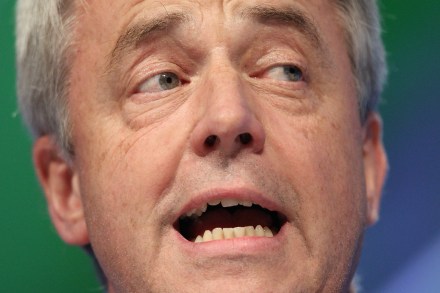The tension’s rising inside the coalition
Talking to a Downing Street adviser earlier this week, I was struck when they observed that a ‘2014 election wouldn’t be too bad really. David would have done his best, Nick would have done his best. But they just couldn’t make it work anymore.’ The Tories have spent some time recently contemplating the possibility that the coalition might not run for the full length of the parliament. At a recent Chequers away day, the prospect of the Liberal Democrats walking out in 2014 was openly discussed. That this possibility is even being talked about is revealing of the mood inside the coalition, which is the subject of my

















